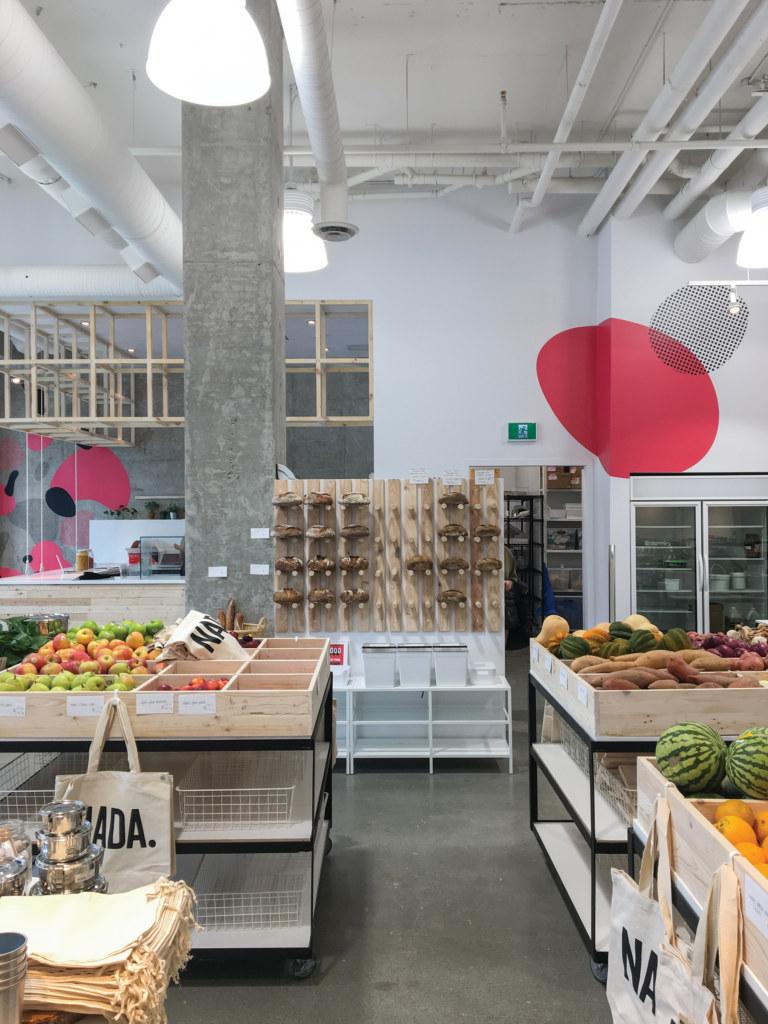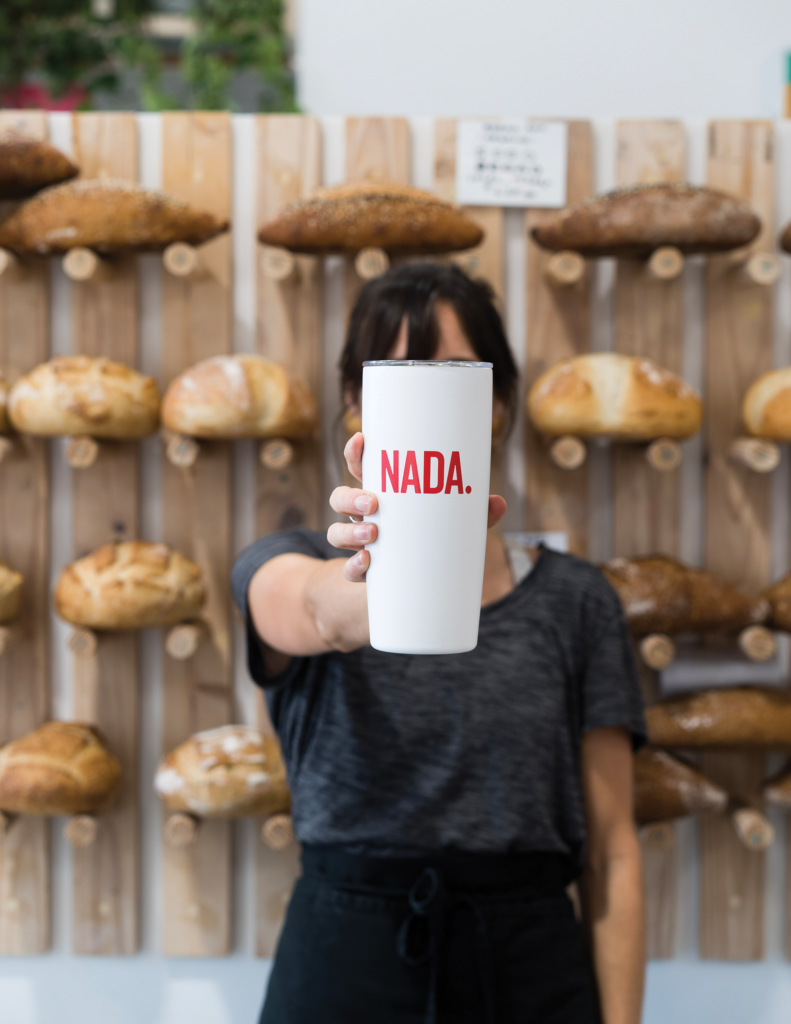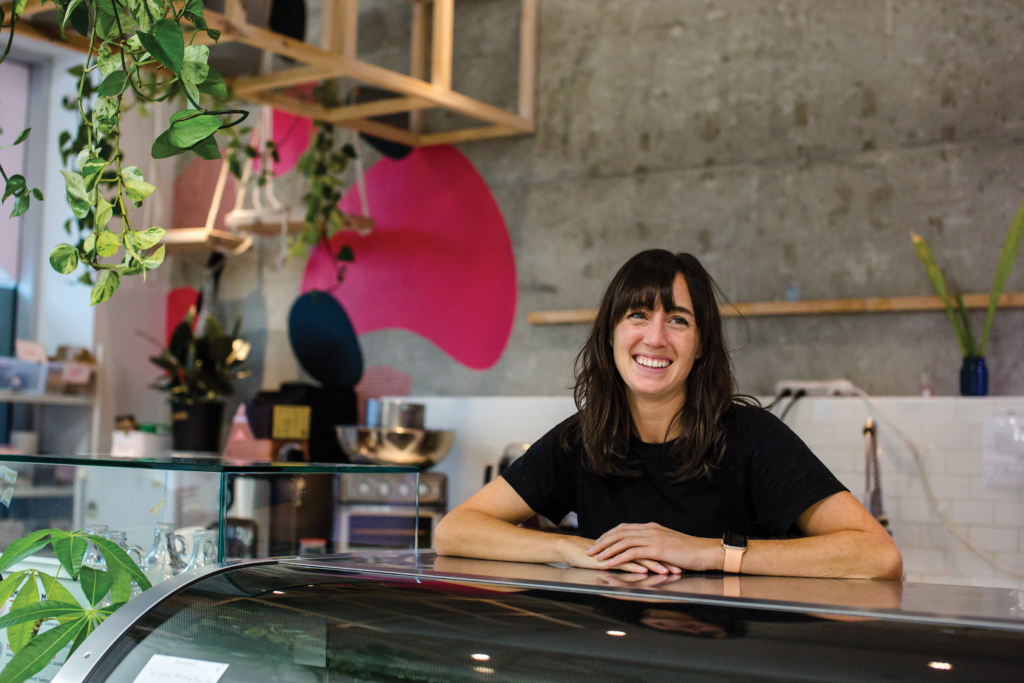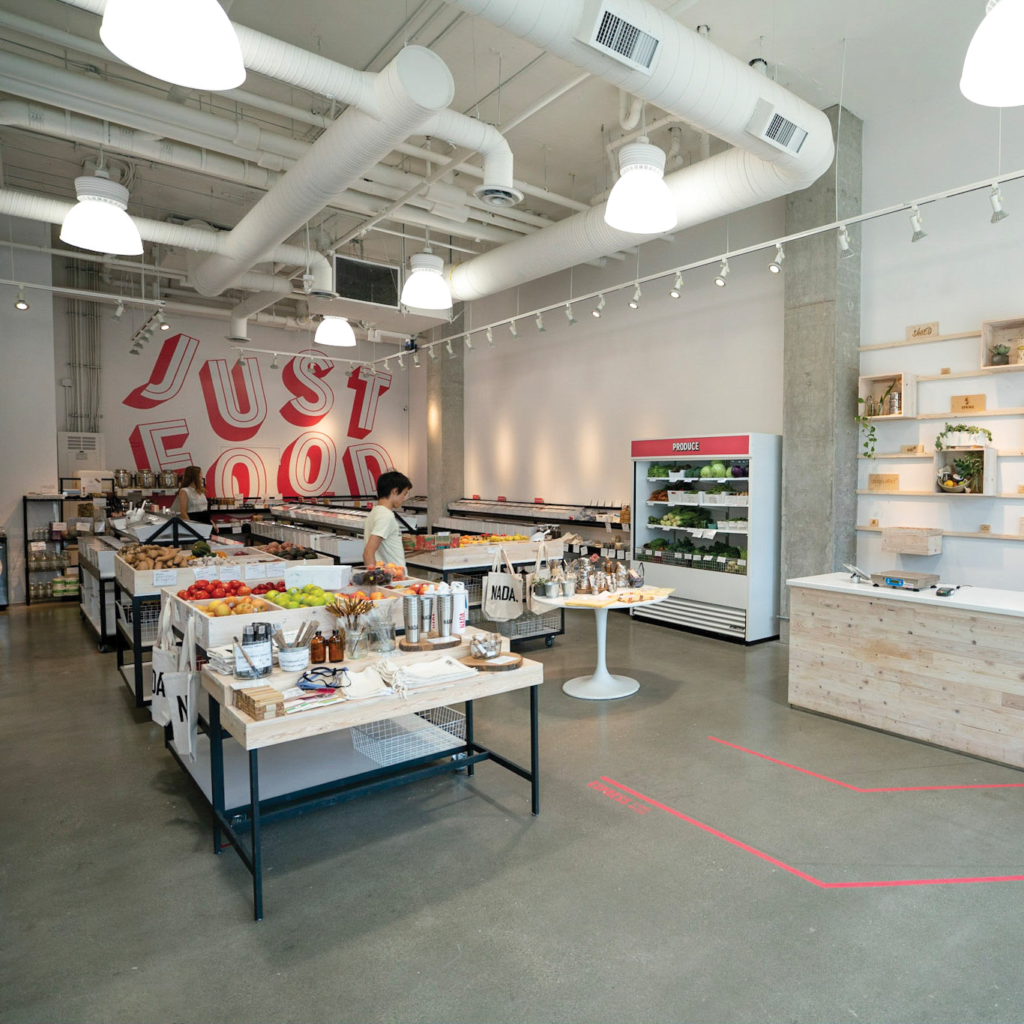Everyone loves to indulge in chocolate now and then – or frequently (we’re not here to judge). It’s a lucrative industry that employs and benefits the producers and retailers; however, one very important group that can be overlooked are the cocoa farmers themselves. EMKAO wants to change that.
EMKAO Foods is a manufacturer of organic, single origin cocoa beans, which participated in Spring Activator’s Campbell River Impact Investor Challenge. We spoke with Ayissi Nyemba, Founder & CEO, about EMKAO’s personal connection to cocoa beans, their progress towards their goals, and upcoming projects.

Tell us about EMKAO Foods’ mission.
EMKAO Foods is committed to disrupting the traditional cocoa manufacturing model by using a direct trade model to purchase high quality cocoa beans at a fair price to support small cocoa farmers in Cameroon, thus transforming their local economy.
What inspired you to start EMKAO Foods?
My family comes from generations of cocoa farmers in a country where cocoa production and export contribute significantly to the national economy and poverty alleviation. From my experience growing up on my parents’ cocoa farm, I made it my lifelong vision to help and support the struggling cocoa farmers in Cameroon.
What were some of the challenges you encountered?
One challenge was having access to capital and raising capital to scale-up my business, as well as the adoption of healthier products by the industry. Also, in the industry, cocoa beans imported from Africa are, most of the time, associated with child labour.
What do you consider EMKAO Foods’ biggest success?
We opened our doors in February 2021 and are in full production! We have made a good impression in the industry with our products, and the feedback we have received is incredible. We have been supporting the livelihoods of 100 cocoa farmers and have planted an additional 20 trees. The farm is a different entity itself!

What makes your organization unique?
We specialize in the chocolate industry through a vertically integrated structure that leverages direct trade and single sourcing for the primary input product: cocoa beans. This structure is possible due to an ownership stake in a family farm (Kotou Farm) located in Cameroon, in western Africa.
EMKAO is able to directly import high quality, certified organic, cocoa beans from Kotou Farm with favourable payment terms. Once imported into Canada, EMKAO is able to process these raw cocoa beans into five marketable finished products. The current focus is to sell these products wholesale to other businesses, such as chocolatiers, bakers, candy producers, and related businesses. We fill an immediate need in the western Canadian market, as there are currently no other competitors who are processing beans locally with a B2B focus.
How do you feel EMKAO Foods makes the world better?
EMKAO makes the world a better place by fairly engaging the small cocoa farmers in our supply chain. We are making sure our customers know the names of our farmers. And, at the same time, we are offering ethically sourced cocoa beans, traceability via QR codes, and healthier locally made cocoa ingredients to our consumers in Canada.
Tell us about your organization’s goals.
The main 2022-2025 goal is to obtain additional capital to finance the scale-up phase of the company.
We plan to do this by:
- Serving the Canadian market and expanding to the US market,
- Measuring and sharing the impact we are creating both in Cameroon and Canada,
- Building up the team and bringing on more partners,
- Creating more impact by growing more trees, and empowering women involvement in agriculture,
- And having “just in time” traceability and production systems.

Are there any upcoming initiatives or projects you’d like to share?
We are working on developing our own in-house tracking device, TRAKAO. This project will provide immediate help to EMKAO by enabling tracking of raw material shipments from Cameroon to Canada.
We will also be planning to launch some retail products in two years.
What do you most want people to know about EMKAO Foods?
EMKAO envisions a world where cocoa farming is a fair and decent livelihood, and where the profits from the chocolate products so widely enjoyed around the world are shared with the farmers who make it possible for these products to exist.
How can people help or contribute to EMKAO Foods’ mission?
Sharing, liking, and following us through our social media pages, @emkaofoods. Spread the word about our mission and vision, and purchase from us here!
This story was featured in the Make The World Better magazine:
Dive into another inspiring story:
- Bluebird Grain Farms: Cultivating for the Next Generation
- Canadian Organic Growers: Advocating for an Organic Future
- Cascadia Seaweed: Making a Splash to Make the World Better
- Ecosystem Services Market Consortium: Improving Soil Health
- Moment Energy: Harnessing the Power of Clean Energy Storage
- Nada Grocery: Going Package-Free to Save the Planet
- ReFeed Canada: Securing Sustainable Food Systems
- Solaires: Illuminating Good with Affordable Solar Solutions








